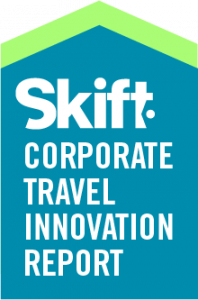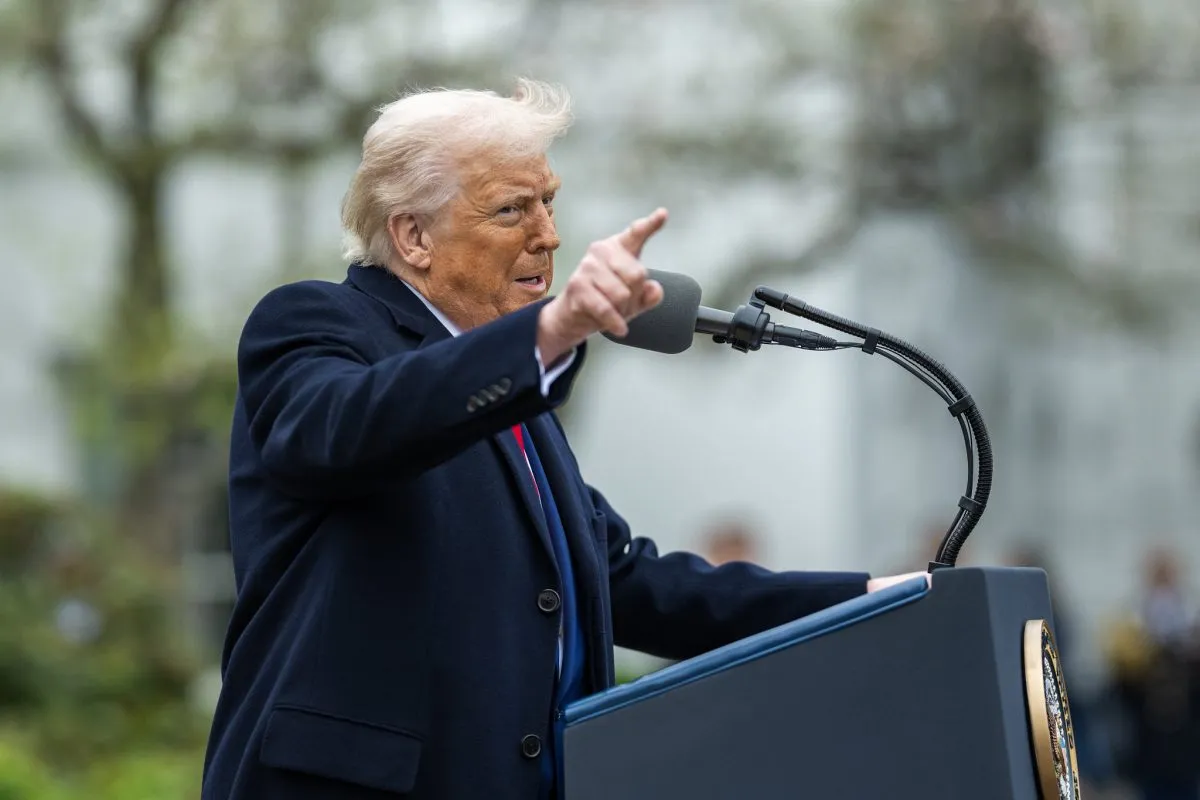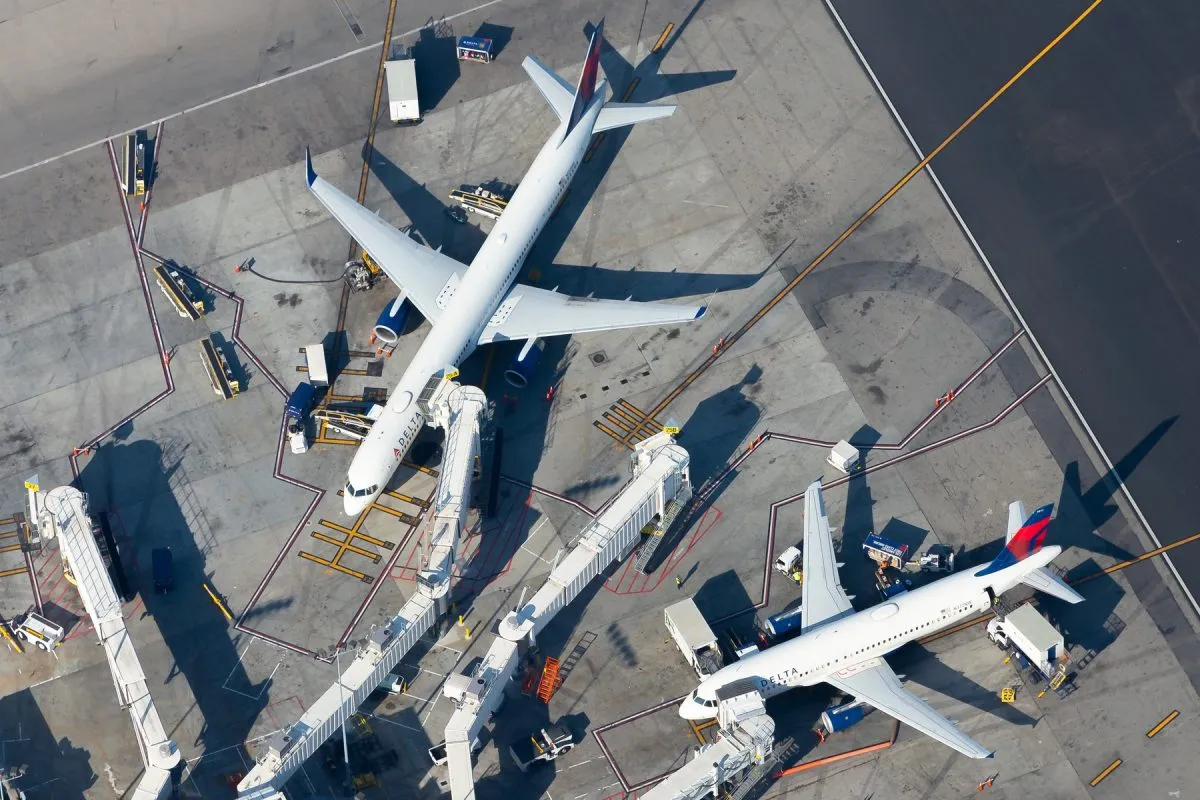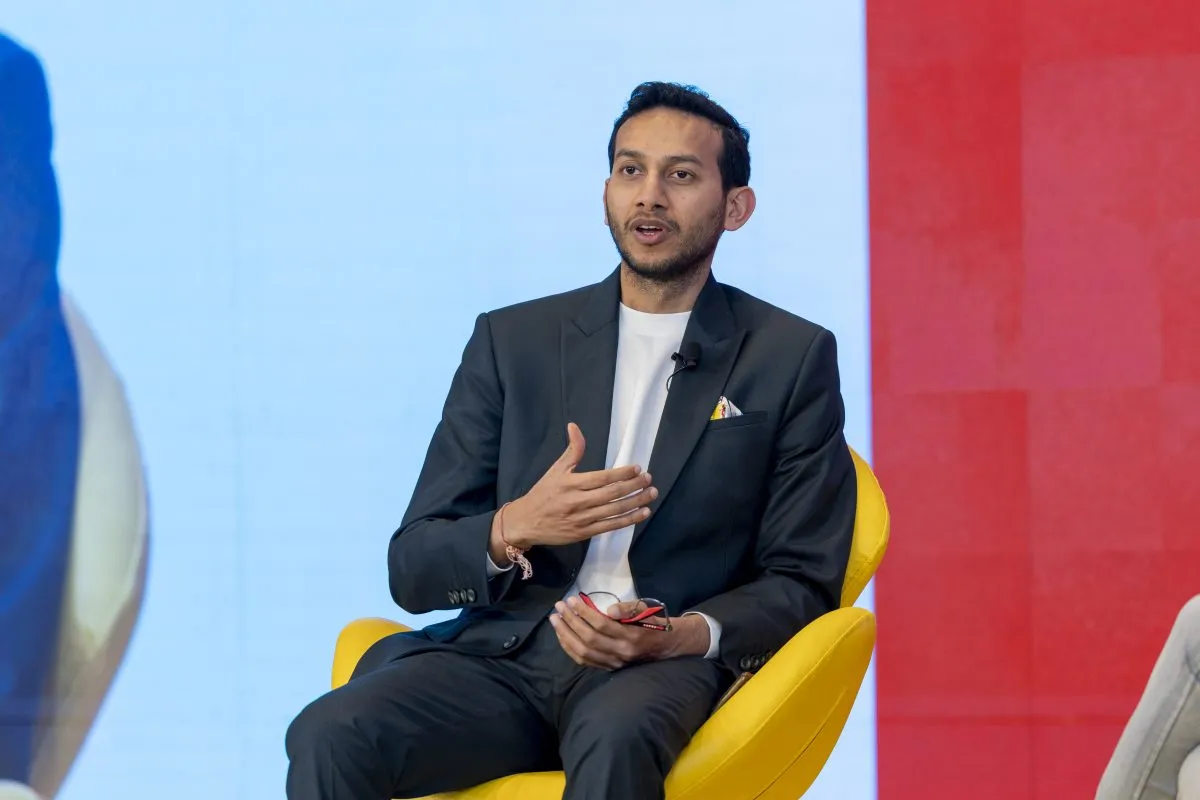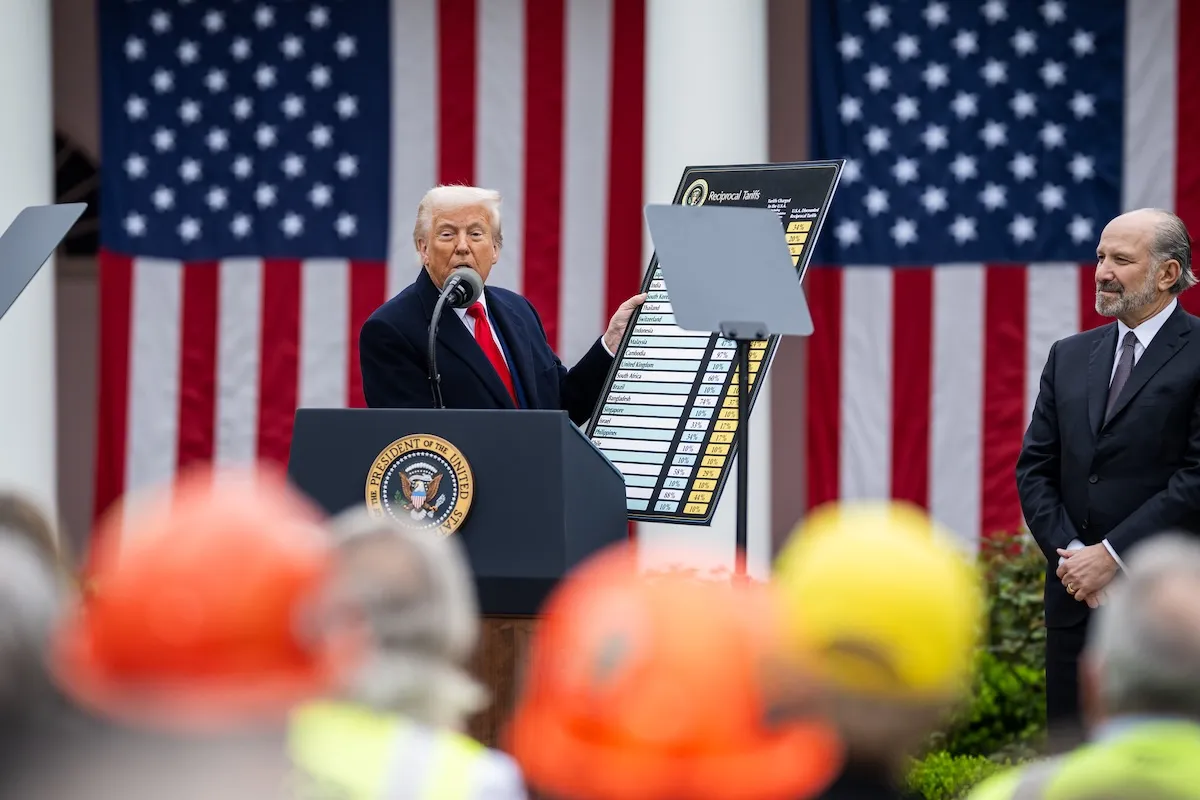The Psychology of Expense Fraud

Skift Take
With a few ongoing expense and travel fraud scandals happening in the U.S. government, I got to wondering: Are employees really trying to game the expense system in ridiculous ways?
Well, no. Most of the time, employees are either screwing up when they ask to be reimbursed for more than they spend, or they are engaged in a high-stakes yet low-reward game to milk a few hundred extra dollars out of their company over the course of the year.
Things like genuine corruption and asset mismanagement are much bigger threats to a company's bottom-line than the employee who wants $20 back for buying a $9 burrito. New tools, however, are emerging that will automatically catch employees who try something fishy, making it harder in the future to overcharge for expenses or make random purchases with the company card.
You can check out the story below. We have a bunch of updates on airlines going bust and loyalty program headaches. Oh, and Delta Air Lines is going to bring us free in-air Wi-Fi soon, so rejoice!
I also wrote a giant essay for our latest Skift Global Forum magazine on the post-experience economy, for you deep thinkers out there. Let me know how wrong (or right) you think I am.
If you have any feedback about the newsletter or news tips, feel free to reach out via email at as@skift.com or tweet me @sheivach.
— Andrew Sheivachman, Business Travel Editor
Airlines, Hotels, and Innovation
Why Companies Aren't That Worried About Expense Fraud: Most travel and expense fraud is strictly small-scale stuff, and is hard for companies to catch. New technology tools will make it easier, though, to figure which employees are routinely ripping them off.
Delta CEO Declares Free In-Flight Wi-Fi Is Coming: It can't happen soon enough.
Marriott CEO to Unhappy Loyalty Members: ‘Hang With Us’: Marriott CEO Arne Sorenson knows that not everyone is thrilled with the merged Marriott-Starwood loyalty program. But at Skift Global Forum, he made the case for why they should be — and said he hopes they’ll come around.
Fast-Growing Primera Air Ceases Operations: Another European airline bites the dust. In this case, we’re not really that surprised.
The Future of Travel
The Post-Experience Economy: Read the New Magazine: Check out our magazine to learn how travel brands could face an identity crisis if they don’t figure out how to evolve in a post-experience economy. We offer eight tenets to help you figure it out.
United Airlines Moves the Goalpost for Earning Top-Tier Elite Status: It just got 25 percent more expensive to earn top-tier elite status on United Airlines.
Airbnb Is Not Launching Its Much-Anticipated Loyalty Program Anytime Soon: Frequent Airbnb customers have been waiting for some kind of program to reward them for their loyalty. They’ll have to be patient.
SUBSCRIBE
Skift Business Travel Editor Andrew Sheivachman [as@skift.com] curates the Skift Corporate Travel Innovation Report. Skift emails the newsletter every Thursday.
Subscribe to Skift's Free Corporate Travel Innovation Report
